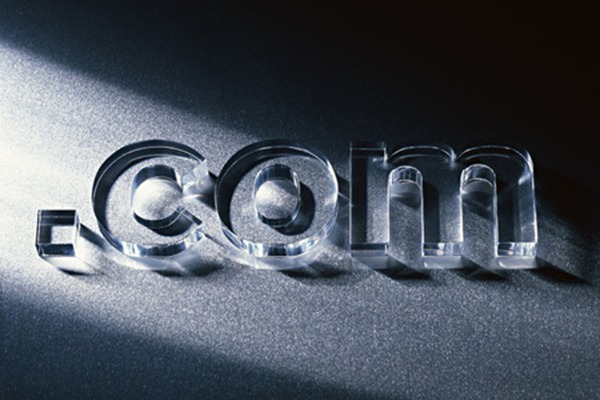Is there any way to save a domain name that has been contaminated?

In the internet world, a fixed-price domain name refers to a domain name registrant purchasing the domain name directly at a fixed price, rather than through an auction or competitive bidding process. Fixed-price domain names are favored by many businesses and individuals due to their ease of transaction and price transparency. However, once a fixed-price domain name becomes polluted—that is, used maliciously for spamming, phishing, malware distribution, and other illicit activities—it can have serious negative consequences for both the domain name holder and users. This article will explore strategies and solutions for dealing with the impact of fixed-price domain name pollution.
I. Impacts of Fixed-Price Domain Name Pollution
1. Damage to Reputation: Once a domain name is used for malicious purposes, the brand reputation of the owner and the associated business or individual is damaged. Users may develop distrust of the content accessed through the domain name, which can negatively impact business development.
2. Legal Risk: If a domain name is used for illegal activities, it may lead to legal action. The owner may face infringement charges, legal liability, and financial losses.
3. Degraded Search Engine Rankings: Search engines will devalue websites marked as unsafe or malicious, severely impacting their search engine rankings and traffic.
4. User Loss: When users access a tainted domain, they may be exposed to cyberattacks or information leaks, leading to user loss and impacting long-term development.
II. Strategies for Dealing with a Poisoned Fixed-Price Domain
1. Promptly Remove Harmful Content: Once a domain is discovered to be tainted, take immediate action to remove all harmful content to prevent further damage.
2. Strengthen Security: Update and upgrade your website's security measures, such as using an SSL certificate, strengthening password security, and conducting regular security checks, to prevent future security threats.
3. Cooperate with Search Engines: Proactively contact search engines such as Google and Bing to request the removal of harmful tags and restore your website's ranking.
4. Legal Action: If a domain is used maliciously, pursue legal action to hold the infringer accountable.
5. Rebuilding Reputation: Gradually restore and enhance the domain's reputation by providing high-quality content, optimizing the user experience, and strengthening brand awareness.
III. Measures to Prevent Poisoning of Fixed-Price Domains
1. Regular Monitoring: Regularly check domain usage to ensure it is not being used for malicious purposes.
2. Strengthen domain name management: Use strong passwords, two-factor authentication, and other measures to prevent unauthorized access to domain name accounts.
3. Properly set domain name permissions: For domain name management not managed by the individual, permissions should be appropriately set to avoid excessive authorization.
4. Education and training: Provide appropriate education and training on domain name use and management to enhance security awareness among relevant personnel.
Domaincn.com Committed to providing fair and transparent reports. This article aims to provide accurate and timely information, but should not be construed as financial or investment advice. Due to the rapidly changing market conditions, we recommend that you verify the information yourself and consult a professional before making any decisions based on this information.

